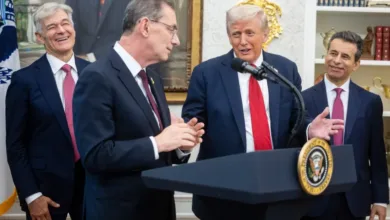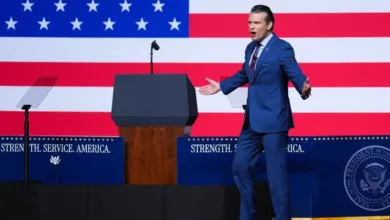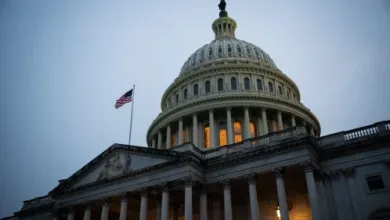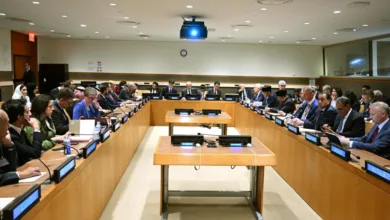China, Russia, and India: The Shanghai Summit That Challenges U.S. Global Power
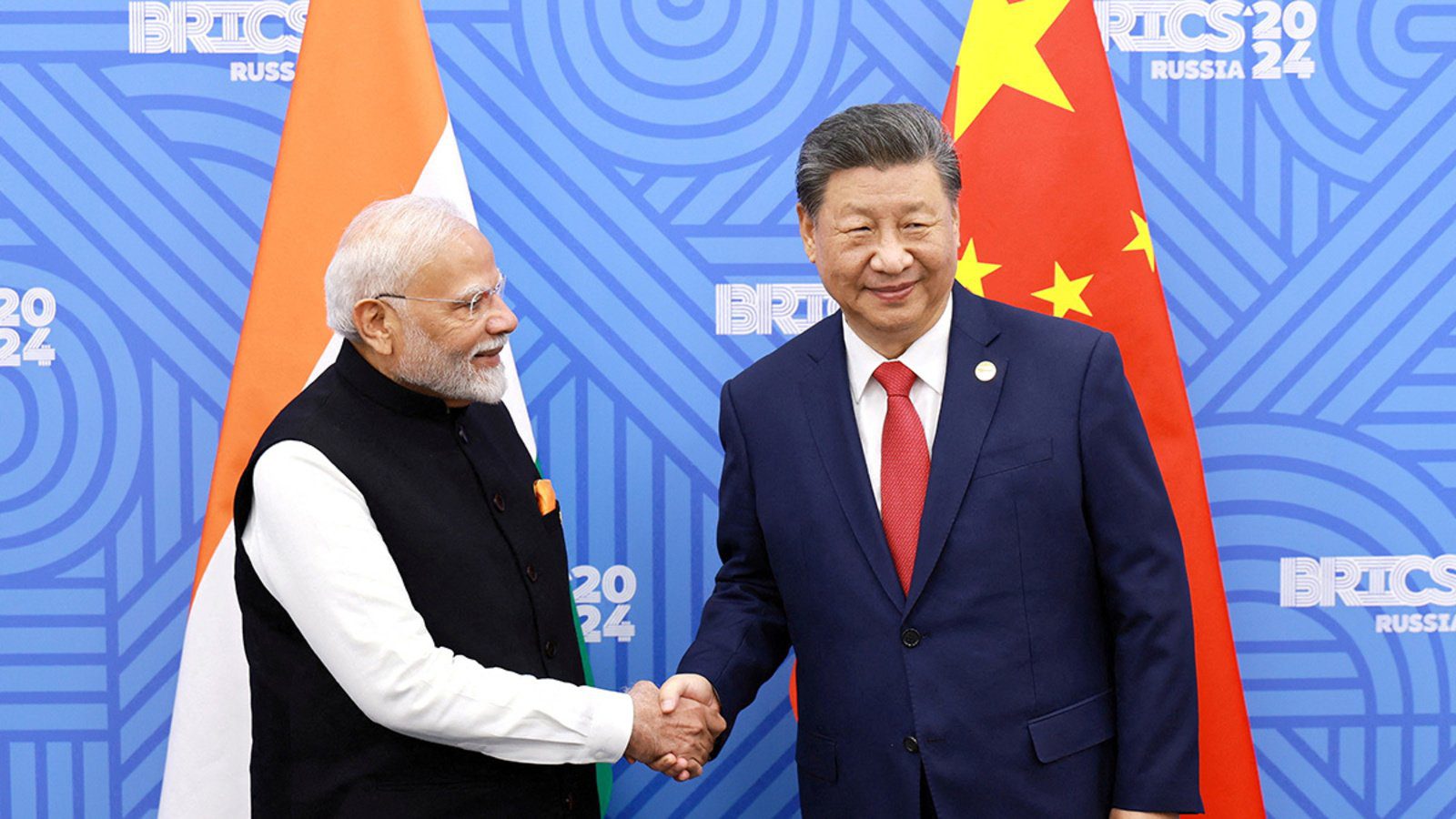
Global politics is once again shifting under the weight of strategic alliances. This week, Chinese President Xi Jinping welcomed Russian President Vladimir Putin and Indian Prime Minister Narendra Modi to Beijing for the Shanghai Cooperation Organization (SCO) summit. The gathering comes at a crucial moment when the United States faces challenges to its dominance in global trade, security, and diplomacy.
The summit has already dominated World headlines and captured international attention. It signals the determination of China and Russia to build a counterweight to Western influence, while India walks a careful line between East and West. For observers, this event is not just another diplomatic meeting—it is a defining moment that could shape the next chapter of global power politics.
Background of the SCO and Its Strategic Role
The Shanghai Cooperation Organization, established in 2001, began as a regional security bloc among China, Russia, and Central Asian countries. Over time, it has expanded to include India, Pakistan, and several other nations, making it one of the largest intergovernmental organizations in the world.
The SCO’s agenda now extends far beyond security. It focuses on economic cooperation, infrastructure development, energy resources, and political dialogue. For many countries, it represents an alternative to Western-led institutions such as NATO and the European Union.
This explains why the 2025 summit has dominated News, drawing attention from governments, businesses, and analysts worldwide.
Xi Jinping’s Strategy and China’s Vision
For President Xi Jinping, hosting the summit is part of a broader strategy to assert China’s leadership role in global governance. Beijing is eager to present itself as a champion of multilateralism, especially as relations with Washington remain tense.
Xi’s message is clear: China is not just a regional power but a global one, ready to shape the international order. Through initiatives like the Belt and Road project, China has already invested billions in infrastructure across Asia, Africa, and Europe. The SCO provides yet another platform to expand that influence.
This message has become a central theme in Breaking News, showing how China seeks to redefine global power structures.
Russia’s Geopolitical Gamble
Russian President Vladimir Putin arrived at the summit with a very different agenda. Still locked in a war in Ukraine and isolated from Western economies, Russia sees the SCO as a lifeline.
For Moscow, closer cooperation with China and India is essential to counter Western sanctions. Putin aims to build stronger energy partnerships, secure new arms agreements, and promote Russia as a reliable ally in the face of U.S. and European hostility.
This alignment has raised concerns in U.S News, where policymakers fear that China and Russia together could undermine Western dominance in both security and economics.
India’s Balancing Act
Perhaps the most intriguing figure at the summit is Indian Prime Minister Narendra Modi. India is officially a member of the SCO, but it also enjoys strong ties with the United States and Europe. Modi’s challenge is to balance India’s growing partnership with the West while engaging in meaningful dialogue with China and Russia.
India has economic incentives to work with the SCO, including energy imports, trade deals, and infrastructure cooperation. However, it also shares border tensions with China and remains cautious about aligning too closely with Moscow.
This balancing act highlights India’s unique role in World politics, where it serves as a bridge between competing global powers.
Implications for the United States
From Washington’s perspective, the summit represents a challenge to American leadership. While U.S. officials downplay the SCO’s influence, the reality is that many countries in Asia, Africa, and the Middle East are increasingly drawn to Chinese and Russian investment.
The Biden administration is under pressure to prove that the U.S. can still lead in global trade, diplomacy, and security. The outcome of this summit could accelerate debates inside America about how to respond to China’s growing influence.
For Trump News, the summit also revives discussions about whether Trump’s tough stance on China was justified, and whether his policies were more effective than current strategies.
Economic Dimensions of the Summit
Beyond politics, the SCO summit carries huge economic significance. Energy cooperation is at the top of the agenda, with Russia pushing to expand oil and gas exports to Asian markets. China is offering to invest in renewable energy and high-tech infrastructure, positioning itself as a leader in the global energy transition.
Meanwhile, India is exploring ways to boost trade within the SCO while maintaining its relationships with the U.S. and Europe. Analysts believe the summit could set the stage for new trade blocs that compete directly with Western institutions.
These developments have made the summit one of the most important Breaking News stories in years, with far-reaching consequences for global commerce.
Global Reactions and Concerns
Western governments have expressed concern about the growing influence of the SCO. European leaders worry that the organization could become a tool for authoritarian powers to expand their reach. In the U.S., critics argue that Washington is losing ground in the battle for global influence.
At the same time, many developing nations view the SCO as an opportunity. Countries in Africa and Asia see China and Russia as partners that can provide investment without imposing the political conditions often demanded by the West.
This global divide illustrates how the summit is shaping the future of international relations, a recurring theme in News.
Summary and Outlook
The Shanghai Cooperation Organization summit in Beijing has become a powerful symbol of shifting global power dynamics. With China, Russia, and India at the forefront, the event challenges the long-standing dominance of the United States and its Western allies.
Whether the SCO becomes a true alternative to Western institutions remains uncertain. But what is clear is that the world is entering a new era of multipolar politics. This summit will remain one of the defining World stories of 2025, setting the stage for future confrontations and collaborations alike.
